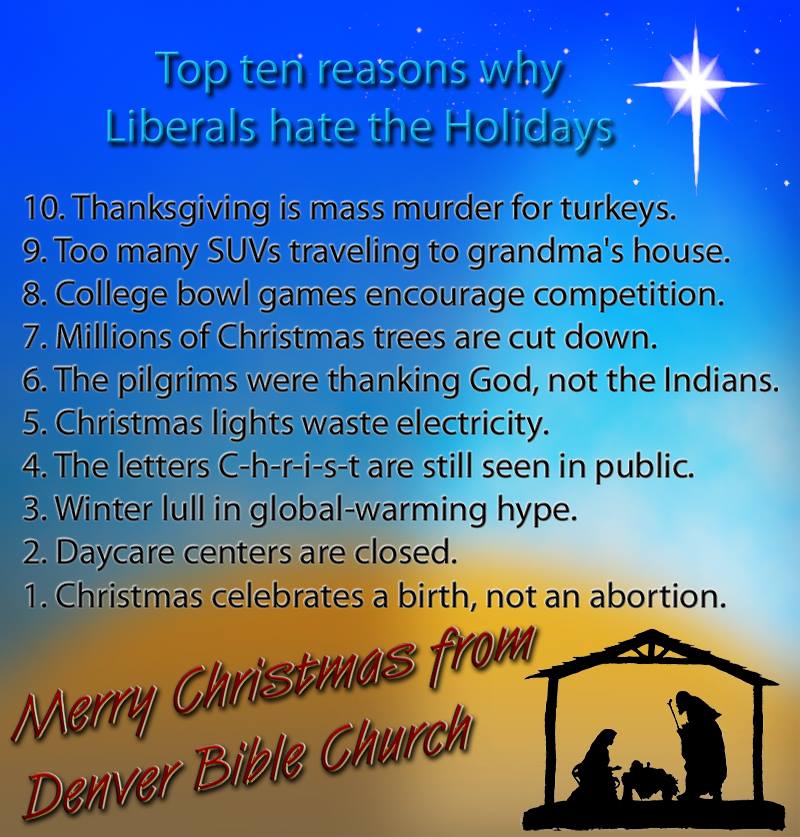Justice
God Exists: Proclaimed an Argentinian newspaper when an evil tyrant was brought to justice. On today's Theology Thursday, Bob shows that the Bible teaches how important it is for the world to see justice here on earth.

Welcome to Theology Thursday: We present select Bible studies and sermons from Pastor Bob Enyart of Denver Bible Church teaching from Scripture that:
- God is eternally free, inexhaustibly creative, and has existed from everlasting
- His main biblical attributes? He is living, personal, relational, good, and loving
- Proper hermeneutics flow not from Greek and Latin philosophy but from the primary biblical attributes of God
- The Bible explicitly affirms marriage and condemns moral relativism and all immorality including homosexuality
- As God is a person and created us in His likeness He expects us to stand for the personhood of the unborn
- God presents the Gospel of Jesus Christ, based on the death penalty, in Bible's context of criminal justice
- The Bible is not a science text (for they have to be corrected all the time) but instead is scientifically accurate. Enjoy!
Follow @TheologyThurs
God Exists: Proclaimed an Argentinian newspaper when an evil tyrant was brought to justice. On today's Theology Thursday, Bob shows that the Bible teaches how important it is for the world to see justice here on earth.
* God's Punishments: In the Bible, when God punished nations or even the world, many children also died as a result. Can God kill innocent children and remain righteous? Bob explains on today's program.
Bob Returns: In his first sermon since his cardiac procedure, Bob shares a message on having faith in God.
God's Institutions: God gave ordained three institutions, the church, the family and the government. On today's show, Bob explains how the family is under attack from our culture and our government.
In Bethlehem: As the prophecy foretold in Psalm 87:5-7
And of Zion it will be said,
“This one and that one were born in her;
And the Most High Himself shall establish her.”
The Lord will record,
When He registers the peoples:
“This one was born there.”
 * DBC Top Ten List: Check out this 2002 Top Ten list from an ad that Denver Bible Church ran in the Denver Post. And below, see the Westword Award it won for Best Church Advertisement 2002. :)
* DBC Top Ten List: Check out this 2002 Top Ten list from an ad that Denver Bible Church ran in the Denver Post. And below, see the Westword Award it won for Best Church Advertisement 2002. :)
Denver Bible Church Press Release
For Immediate Release:
Top Ten Reasons
Why Liberals Hate the Holidays
Liberals often pit themselves against good traditions. Bible teachings present the cure for liberalism. It is good to eat animals, both for people (who get great enjoyment and nutrition) and for the animals (they have the great honor of being eaten by people. :)
Animal rights activists would annihilate sixty million turkeys yearly, turkeys which would never even exist if they didn't end up on dinning room tables. (It is better to live and be eaten then never to have lived at all.)
Extremist environmentalists forget that trees are a renewable resource. For every tree cut down, thousands of seeds can reproduce an unlimited number of new trees, and America has more trees today than 200 years ago.
Leading liberals have prejudice against the social descendants of the Pilgrims. Liberalism tends toward racism against Europeans, sexism against males, and discrimination against Christianity. Some people put down others to elevate themselves or their friends. Liberals often denounce Christian white males in order to elevate their special interests.
Leading liberals blame religion, especially Christianity, for the world's problems, advocating instead atheistic, evolutionary socialism. Liberals thus ignore the murder of tens of millions of people in the recent past by the atheistic, evolutionary socialist Soviet Union and other communist countries.
Liberals prefer kids growing up institutionalized in daycare and government schools than having them raised at home by loving parents. And finally, in their long war against God, liberals suggest that the only good Christian is a bad Christian, that is, one who rejects the exclusive claims of Jesus Christ.
For more information, see:
DenverBibleChurch.org or contact:
Denver Bible Church Pastor Bob Enyart
PO Box 583 Arvada CO 80001
303-463-1707
And here's a handy text version of our top ten list: